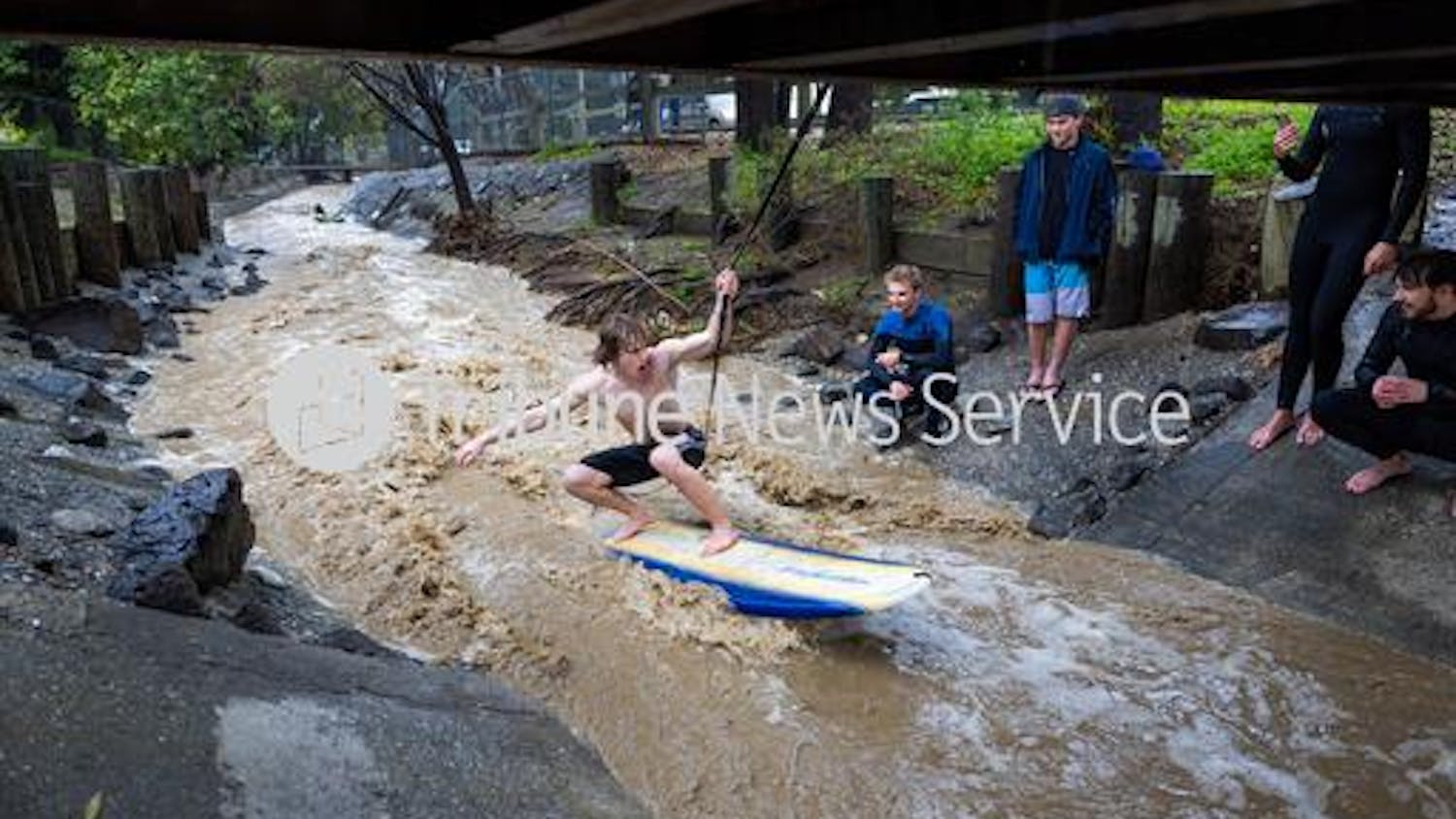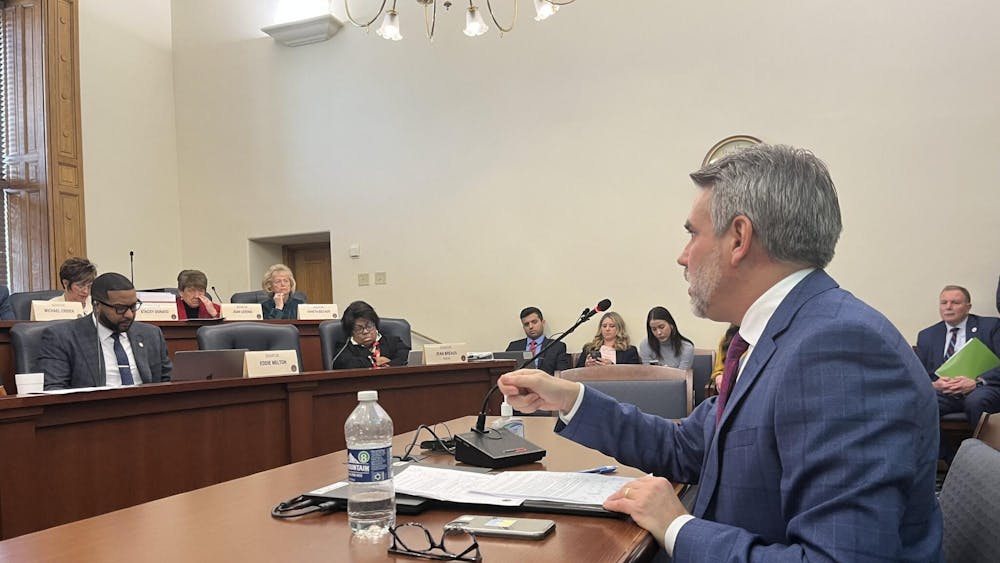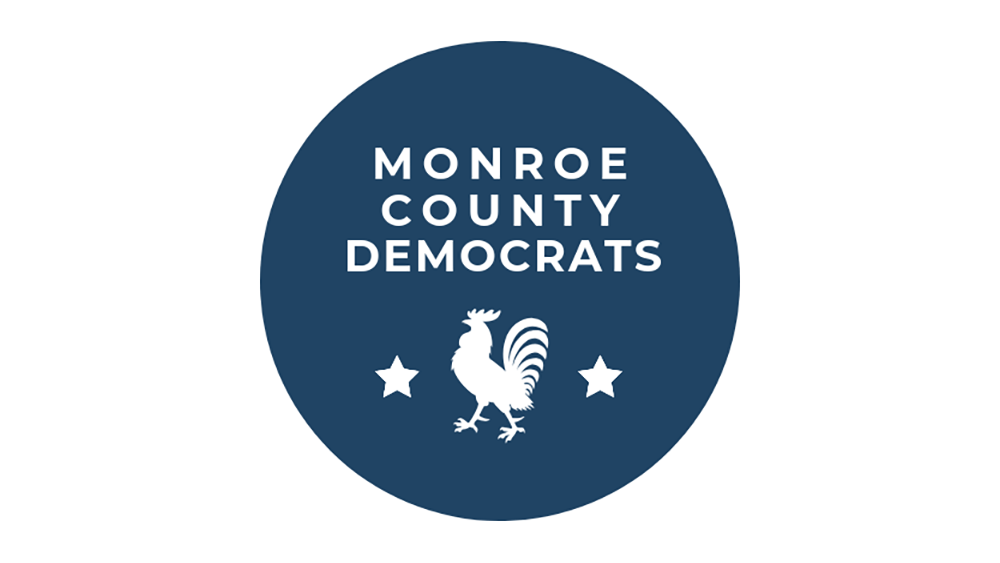The South Sudan Higher Education Initiative for Equity and Leadership Development received $3.28 million from the United States Agency for International Development. The project promotes gender equality and female empowerment, according to the University.
“With the conflict that broke out, it became evident that that plan was not going to come to fruition at all,” said Terry Mason, professor of curriculum and instruction and co-head of the project, in a University press release. “I thought the project was over. I thought USAID would find other ways to spend that money and that we would not be able to continue.”
After initially believing the project was done for, Mason said he and Arlene Benitez, program director for the project, started to think of ways to continue the program.
“We decided that if we can’t go to South Sudan, South Sudan can come here,” Mason said in the release.
Mason and Benitez then took the project, which originally sent IU faculty to South Sudan, and used it to bring South Sudanese education professionals to the U.S.
The 14 women who were selected for the program represent a wide range of geographic and ethnic areas of South Sudan, according to the University. They first took classes in Uganda to prepare for their studies in Bloomington, where each will complete coursework to earn a master’s degree in education.
“We were able to identify 14 courageous and brilliant women from South Sudan who qualified to come and study for a master’s degree,” Mason said in the release. “We were able to navigate the difficult visa procedures and other obstacles that are encountered in this kind of work and get all of them to Bloomington, and I have to say, I’m still stunned that we were able to do that.”
Christie Vilsack is the se nior adviser for international education at USAID. She commended IU’s faculty and staff for their work, adding that it’s IU’s global initiatives that allowed them to restructure the program.
“You’ve been doing this for a long time,” she said in the release. “This is something intrinsic to your university. And because of that, you’ve been through this before. You don’t just get to a roadblock and go, ‘Oh well, we’ve got to go home now because we can’t do this.’”
Kathrine Schulze





